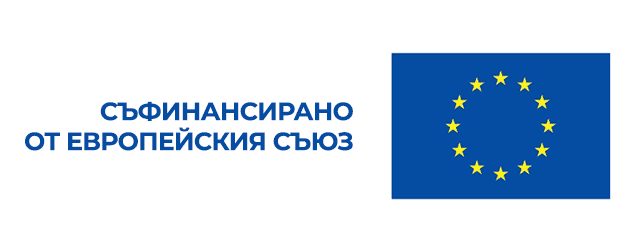H2-rich Saline Ineffective in Oxygen-Induced RetinopathyScientific Research
original title: Hydrogen-rich Saline is ineffective in oxygen-induced retinopathy
DOI: 10.1016/j.lfs.2016.04.015-
Abstract:
Aims: Hydrogen-rich saline (HRS) is a novel protection against various oxidative disorders and almost all types of inflammation. Moreover, its toxicity and side effects are rarely reported. We sought to clarify the protective effect of HRS against the oxygen-induced retinopathy (OIR) in C57BL/6 J model. Main methods: The OIR in the HRS treated mice and the untreated controls were systematically compared. The retinas of both groups were analyzed using high-molecular-weight FITC-dextran staining of flat-mount preparations, hematoxylin and eosin (H&E) staining of cross-sections. The distribution and expression of the vascular endothelial growth factor (VEGF) were also evaluated by the immunohistochemical measurements between postnatal days 17 (P17) and P21. Key finding: The leakage and non-perfusion areas of retinal blood vessels were not alleviated in the HRS treatment group. Moreover, the number of preretinal vascular endothelial cell in the HRS treatment group was similar to that in the untreated group after exposure to hyperoxia (P>0.05). The degree of OIR was positively correlated with the expression level of VEGF. Intriguingly, the preretinal vascular endothelial cell count in the retinas of pups reared in room air with HRS treatment was 15.21±2.98. The preretinal vascular endothelial cell count of the HRS treated mice was significantly higher than that of the untreated group reared in room air. Significance: In summary, HRS therapy (at the dose of 10ml/day, applied between P12 and P17) did not inhibit retinal neovascularization in OIR; On the contrary, it would induce the retinal neovascularization during the development of normal retinas.





